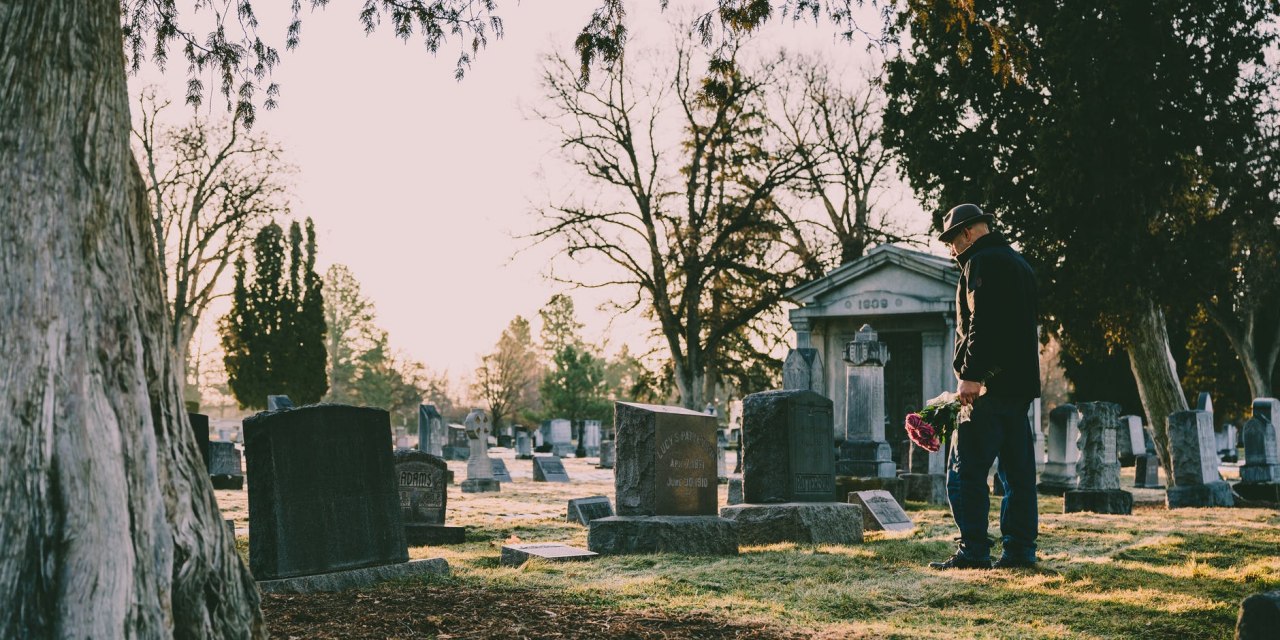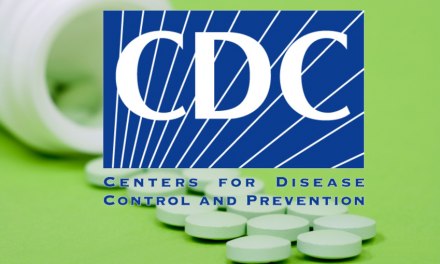This is a sad story that many of us who work in and around treatment programs are familiar with. It concerns the death of a young patient in a residential rehab facility.
California Woman, 24, Died of Fentanyl Overdose While at Rehab Center: ‘She Deserved Care’
In this instance, she arrived with a long history of drug use and addiction. Her mother had been immensely relieved when she at last became willing to accept help. The young woman was placed in a residential wing aimed at patients with a co-occurring mental disorder. That’s a fast-growing segment of the patient population in many rehab facilities, everywhere.
Three days after she was admitted, her mother learned that her daughter had died, from an accidental– ‘unintended’ is probably a better term– drug overdose. The patient wasn’t actively trying to harm herself. She just wanted to get high, or perhaps just feel better than she did, for a little while.
The fatal dose: 1.6 nanograms of fentanyl. A nanogram, by the way, is one billionth of a gram.
Yes, this is a very potent drug.
Her mother, naturally, had thought her daughter safe in the rehab setting. Turned out she wasn’t. Or rather, she was safe from a great number of the dangers we ordinarily associate with drug use. A self-administered overdose, however, wasn’t one of them.
Understandably, the family has filed a lawsuit. One of the accusations is negligence on the program’s part.
The suit alleges that the facility failed in its obligation to provide adequate supervision– in this instance, to check on the patient’s status every thirty minutes. I suppose that was their policy. According to the mother, the patient had also complained that she wasn’t being provided with enough drinking water.
The State did shut down the residential wing until further notice. That’s standard procedure for some state health departments. It isn’t clear whether the action was a direct result of the incident, as temporary suspension can also be for deficiencies that show up on an inspection.
The mother feels that the closure of the wing is a win – a kind of ‘justice’ for her daughter.
You might want to scroll down to the comments that follow the article to get an idea of popular opinion. Turns out there’s a lot of sympathy for the rehab. One comment, from a rehab grad with many years clean and sober: “They’re addicts. They seek drugs. I’m sorry she died. Unless they can prove a staff member supplied her, the facility isn’t at fault.”
Or this one: “I would wager that 99% of the former addicts commenting here are of the opinion that she made a bad decision and that there are consequences to the choices you make.”
As for an investigation, certain questions would inevitably require answers that may or may not be available. For instance: How did the patient get the drugs into the facility (assuming she did)? Did the program take adequate precautions in terms of an admission search, of person and belongings? Of course, if she didn’t bring the drug in, then who did? Another patient? A visitor? A staff member? A volunteer?
Then as to the mother’s claim of inadequate supervision, the state will ask: Were sufficient staff on duty and available to cover the unit? The 30 minute checks policy would be fairly rigorous as such policies go — it’s comparable to a suicide watch in a psychiatric ward. The investigators would need to take into account the current standard of care for the level of service provided.
Unraveling these and other issues can take time. Programs that treat people with significant addiction histories are always vulnerable to incidents such as this. It would be called a ‘sentinel event’, meaning one that resulted in death (or near-death).
Most rehabs track such incidents with considerably more care than you might expect to see in a jail setting. I’ve been involved in investigations of this type several times over the years. Rarely have they resulted in a clear conclusion as to whose ‘fault’ it was. Settlements with the bereaved for the pain of their loss are common. The attorneys work something out.
When it’s over, no one is completely satisfied.













